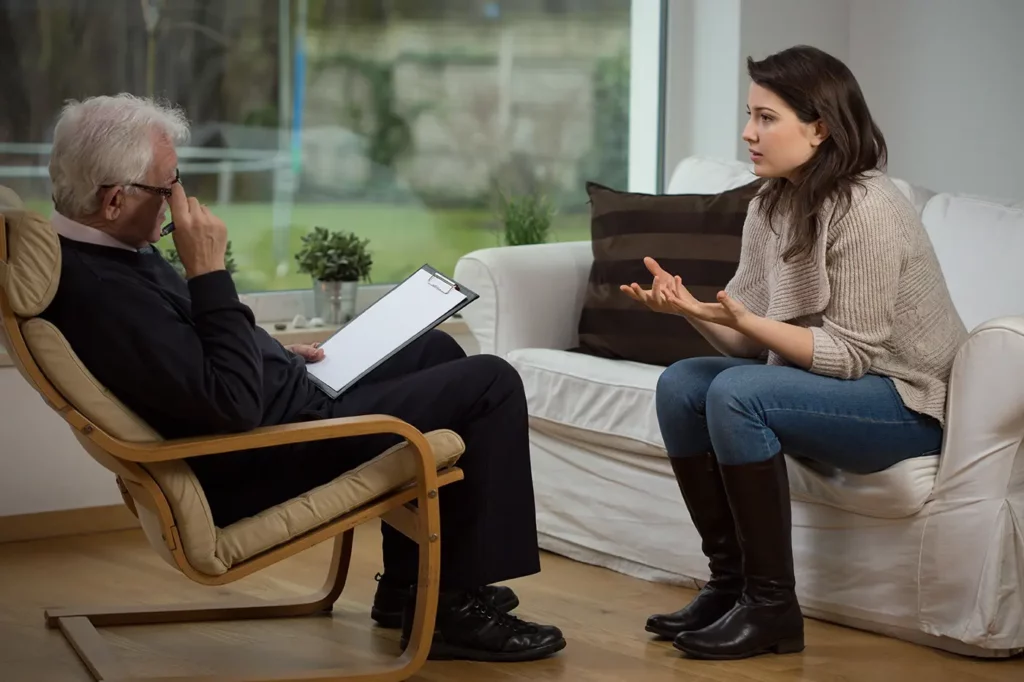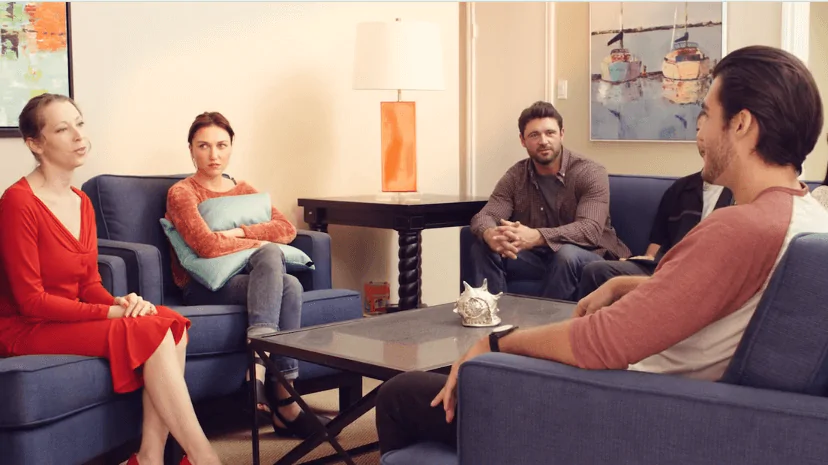24/7 Helpline:
(866) 899-221924/7 Helpline:
(866) 899-2219
Learn more about Opioid Rehab centers in Clarkson
Opioid Rehab in Other Cities
Other Categories in Clarkson

Other Insurance Options

Health Partners

BlueShield

Lucent

Choice Care Network

Absolute Total Care

ComPsych

Cigna

WellPoint

AllWell

Regence

Aetna

Holman Group

Optum

Kaiser Permanente

Private insurance

Highmark

MHNNet Behavioral Health

Group Health Incorporated

State Farm

Evernorth

Spero Health – Clarkson
Spero Health – Clarkson is a private rehab located in Clarkson, Kentucky. Spero Health – Clarkson sp...























Pathways Counseling Services
Pathway Counseling Services offers outpatient substance abuse counseling sessions. Pathway Counselin...

Communicare Clinic
Communicare Clinic is a private rehab located in Leitchfield, Kentucky. Communicare Clinic specializ...













































































